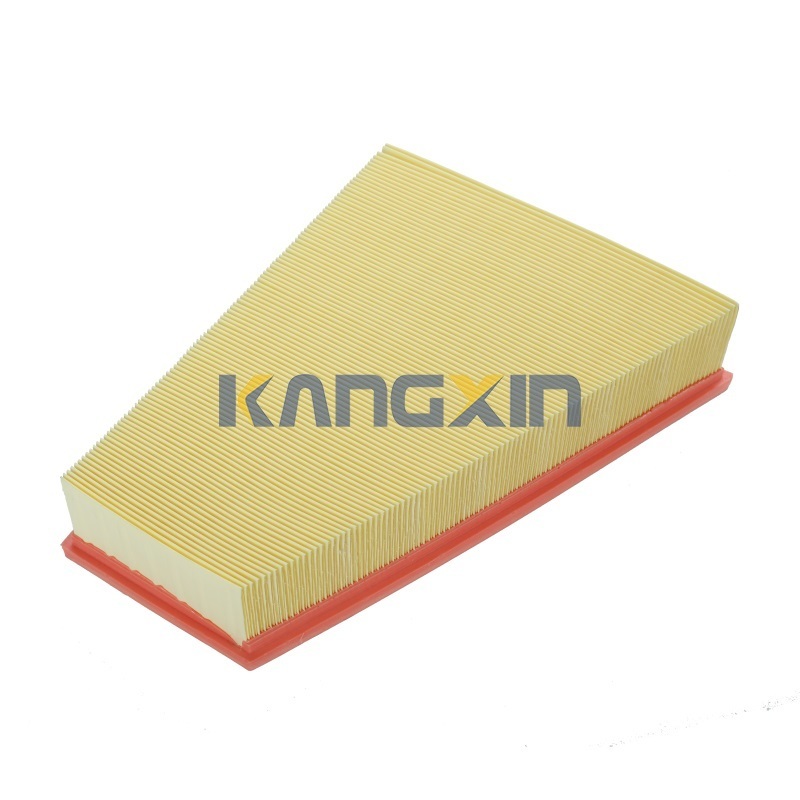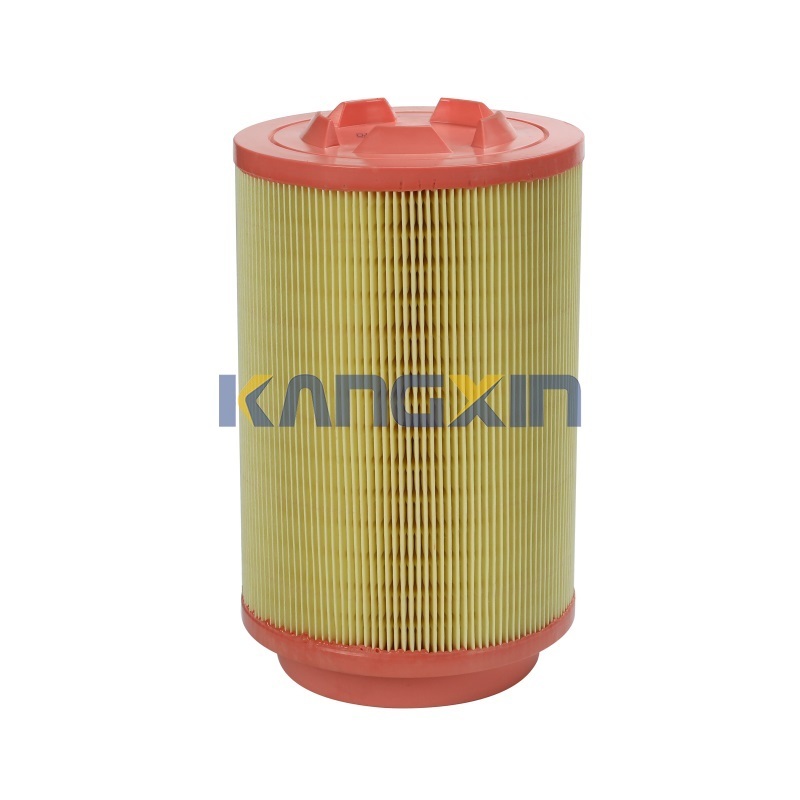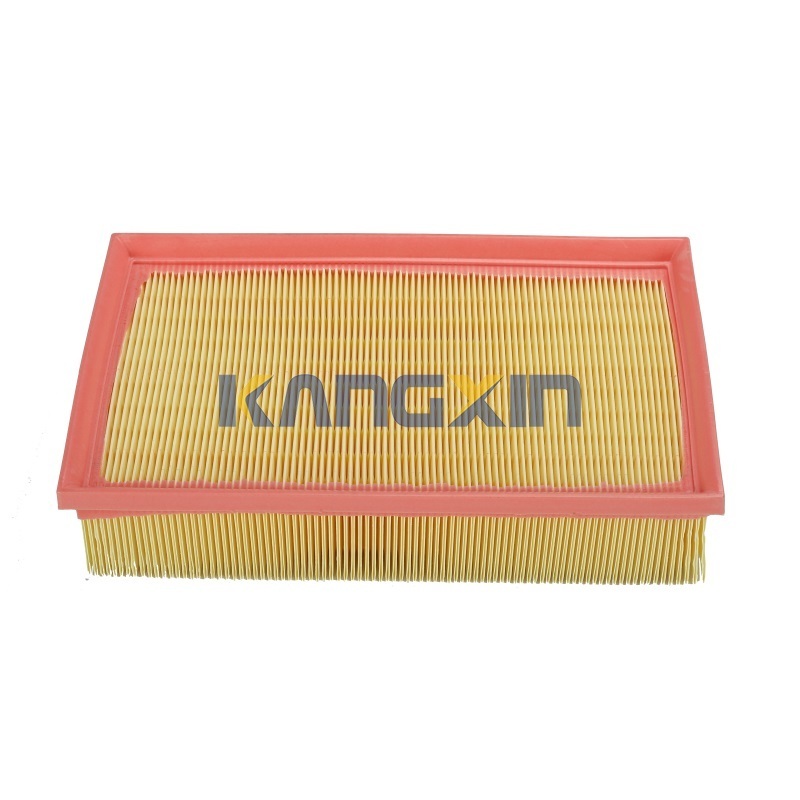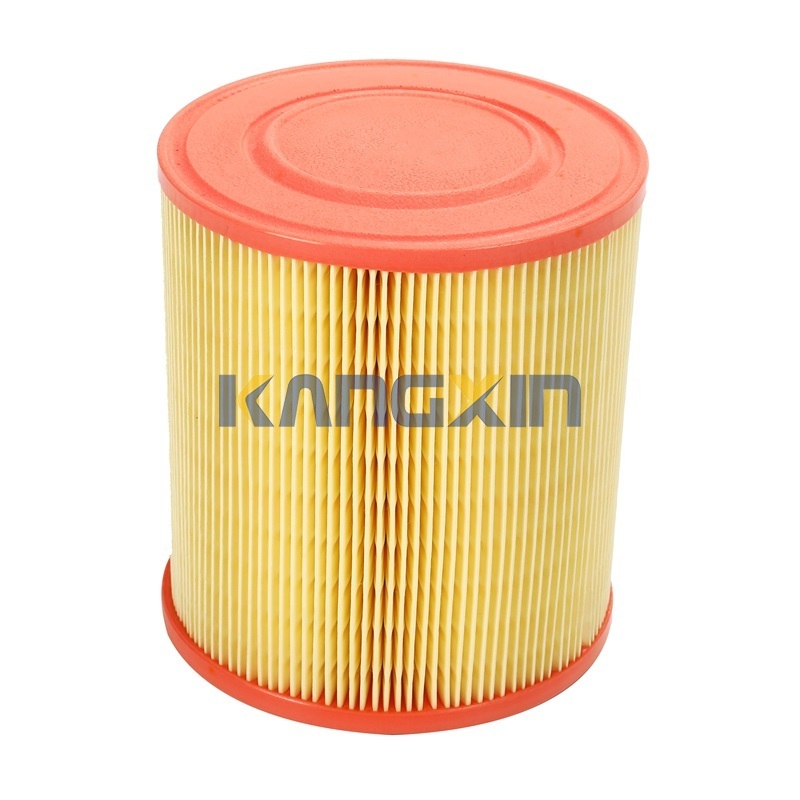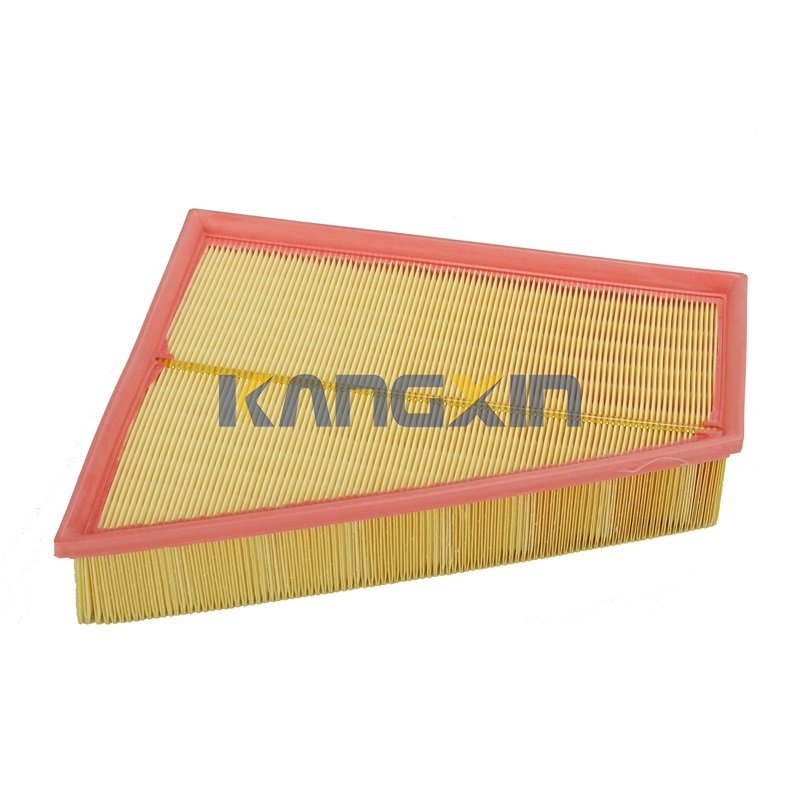Enhanced Cooling and Airflow: Choosing the Best Cabin Air Filter
Release time:
2024-07-02
# Introduction When it comes to maintaining your vehicle's interior air quality and climate control system, choosing the right cabin air filter is crucial. A high-quality filter not only improves cooling and airflow but also enhances overall comfort during your drive. In this article, we will guide you through the process of selecting the best cabin air filter for your vehicle. ## Why is a Cabin A
# Introduction
When it comes to maintaining your vehicle's interior air quality and climate control system, choosing the right cabin air filter is crucial. A high-quality filter not only improves cooling and airflow but also enhances overall comfort during your drive. In this article, we will guide you through the process of selecting the best cabin air filter for your vehicle.
## Why is a Cabin Air Filter Important?
Before diving into the specifics of choosing a cabin air filter, it's essential to understand the importance of this component. A cabin air filter helps to remove dust, pollen, and other airborne particles from the air entering your vehicle's interior. This not only improves air quality but also prevents these contaminants from clogging up your HVAC system, leading to reduced cooling and airflow efficiency.
## Types of Cabin Air Filters
There are several types of cabin air filters available in the market, each with its unique features and benefits. From standard particulate filters to activated carbon filters, it's essential to consider your specific needs and preferences when choosing the right filter for your vehicle.
### Standard Particulate Filters
These filters are designed to trap dust, pollen, and other airborne particles, ensuring clean air circulation inside your vehicle. They are cost-effective and provide basic filtration for everyday driving conditions.
### Activated Carbon Filters
Activated carbon filters go a step further by not only capturing particulate matter but also absorbing odors and harmful gases. They are ideal for drivers who want to eliminate unpleasant smells and improve air quality in their vehicle.
## Factors to Consider When Choosing a Cabin Air Filter
When selecting a cabin air filter for your vehicle, there are several factors to keep in mind to ensure optimal performance and longevity. Consider the following criteria before making your purchase:
### Vehicle Compatibility
Make sure to choose a cabin air filter that is compatible with your vehicle's make and model. Check the manufacturer's specifications or consult with a professional to ensure the perfect fit.
### Filtration Efficiency
Consider the filtration efficiency of the filter, as higher efficiency means better protection against airborne contaminants. Look for filters with a high MERV (Minimum Efficiency Reporting Value) rating for superior filtration performance.
### Maintenance Requirements
Some cabin air filters are reusable and washable, while others need to be replaced periodically. Consider your maintenance preferences and choose a filter that aligns with your upkeep routine.
### Environmental Impact
Opt for eco-friendly cabin air filters that are recyclable and made from sustainable materials. Doing so not only benefits the environment but also ensures a cleaner and healthier driving experience.
## FAQs
1. How often should I replace my cabin air filter?
Regularly check your owner's manual for recommended replacement intervals, typically every 15,000 to 30,000 miles.
2. Can I install a cabin air filter myself?
While some filters are easy to install, it's recommended to consult with a professional for proper installation to avoid damaging your HVAC system.
3. Are activated carbon filters worth the extra cost?
If you are sensitive to odors or want to improve air quality significantly, activated carbon filters are a worthwhile investment.
4. Can a clogged cabin air filter affect my vehicle's cooling system?
Yes, a clogged filter can restrict airflow, leading to reduced cooling efficiency and potential HVAC system damage.
5. How do I know if my cabin air filter needs replacement?
If you notice reduced airflow or unpleasant odors in your vehicle, it may be time to replace your cabin air filter.
# Conclusion
Choosing the right cabin air filter for enhanced cooling and airflow is essential for maintaining a comfortable and healthy driving environment. Consider factors such as filtration efficiency, maintenance requirements, and environmental impact when selecting a filter for your vehicle. By investing in a high-quality cabin air filter, you can ensure optimal performance and enjoy a refreshing driving experience every time.
When it comes to maintaining your vehicle's interior air quality and climate control system, choosing the right cabin air filter is crucial. A high-quality filter not only improves cooling and airflow but also enhances overall comfort during your drive. In this article, we will guide you through the process of selecting the best cabin air filter for your vehicle.
## Why is a Cabin Air Filter Important?
Before diving into the specifics of choosing a cabin air filter, it's essential to understand the importance of this component. A cabin air filter helps to remove dust, pollen, and other airborne particles from the air entering your vehicle's interior. This not only improves air quality but also prevents these contaminants from clogging up your HVAC system, leading to reduced cooling and airflow efficiency.
## Types of Cabin Air Filters
There are several types of cabin air filters available in the market, each with its unique features and benefits. From standard particulate filters to activated carbon filters, it's essential to consider your specific needs and preferences when choosing the right filter for your vehicle.
### Standard Particulate Filters
These filters are designed to trap dust, pollen, and other airborne particles, ensuring clean air circulation inside your vehicle. They are cost-effective and provide basic filtration for everyday driving conditions.
### Activated Carbon Filters
Activated carbon filters go a step further by not only capturing particulate matter but also absorbing odors and harmful gases. They are ideal for drivers who want to eliminate unpleasant smells and improve air quality in their vehicle.
## Factors to Consider When Choosing a Cabin Air Filter
When selecting a cabin air filter for your vehicle, there are several factors to keep in mind to ensure optimal performance and longevity. Consider the following criteria before making your purchase:
### Vehicle Compatibility
Make sure to choose a cabin air filter that is compatible with your vehicle's make and model. Check the manufacturer's specifications or consult with a professional to ensure the perfect fit.
### Filtration Efficiency
Consider the filtration efficiency of the filter, as higher efficiency means better protection against airborne contaminants. Look for filters with a high MERV (Minimum Efficiency Reporting Value) rating for superior filtration performance.
### Maintenance Requirements
Some cabin air filters are reusable and washable, while others need to be replaced periodically. Consider your maintenance preferences and choose a filter that aligns with your upkeep routine.
### Environmental Impact
Opt for eco-friendly cabin air filters that are recyclable and made from sustainable materials. Doing so not only benefits the environment but also ensures a cleaner and healthier driving experience.
## FAQs
1. How often should I replace my cabin air filter?
Regularly check your owner's manual for recommended replacement intervals, typically every 15,000 to 30,000 miles.
2. Can I install a cabin air filter myself?
While some filters are easy to install, it's recommended to consult with a professional for proper installation to avoid damaging your HVAC system.
3. Are activated carbon filters worth the extra cost?
If you are sensitive to odors or want to improve air quality significantly, activated carbon filters are a worthwhile investment.
4. Can a clogged cabin air filter affect my vehicle's cooling system?
Yes, a clogged filter can restrict airflow, leading to reduced cooling efficiency and potential HVAC system damage.
5. How do I know if my cabin air filter needs replacement?
If you notice reduced airflow or unpleasant odors in your vehicle, it may be time to replace your cabin air filter.
# Conclusion
Choosing the right cabin air filter for enhanced cooling and airflow is essential for maintaining a comfortable and healthy driving environment. Consider factors such as filtration efficiency, maintenance requirements, and environmental impact when selecting a filter for your vehicle. By investing in a high-quality cabin air filter, you can ensure optimal performance and enjoy a refreshing driving experience every time.
Keywords:
More information








